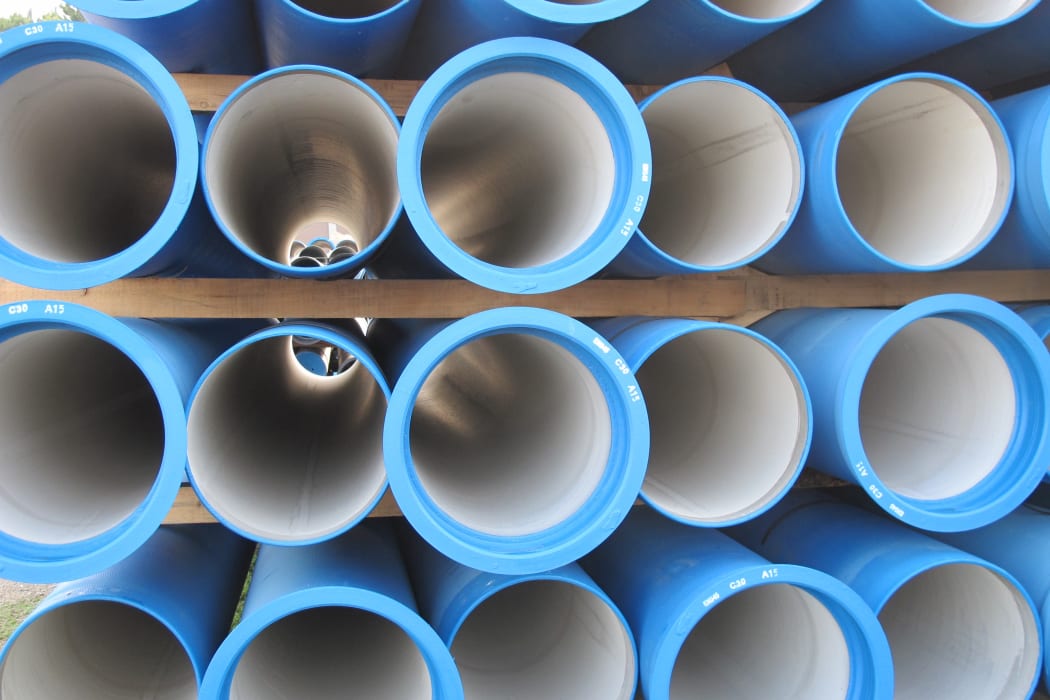New Zealand faces a "looming collapse of critical infrastructure networks" unless urgent action is taken, a senior economist warns.

Photo: 123RF
Infometrics senior economist Brad Olsen spoke to Sunday Morning as part of its Three Minutes Max series, where New Zealanders offer their succinct opinions on topics of their choice.
He said the country's infrastructure was often hidden out of sight and mind and as such, was an "unseen" but "looming issue".
"New Zealand faces a looming collapse of critical infrastructure networks unless we act now. In short, we've got to get serious about investing in New Zealand's future."
Housing numbers were too low, and stock was the wrong type to service families, transport links were clogged up and water and sewerage assets were failing.
"Just this week another water sewerage pipe broke - just another issue in the poomageddon facing our capital," Olsen said.
"But why are we facing these problems still? Because we've turned a blind eye to the little foundations of our country."
New Zealand needed to seriously invest in infrastructure - with time and money, he said.
"Kiwis expect that safe drinking water will be available and that wastewater will be transported away safely. At the moment, these expectations are under threat."
Construction activity for building was set to decline, which provided an opportunity to get through the backlog of infrastructure work that had built up over decades, while also stimulating the economy, Olsen said.
"This catch up will also mean the country is positioned for additional growth when it arrives, instead of facing an ever widening deficit as the country's network of roads, pipes and other assets creak and groan under the strain."
New Zealand needed to develop a comprehensive plan for investment over the next 15 years, he said.
"But secondly, and equally important, we need to push our decision makers to invest in our future so instead of pipe dreams we have real pipes instead."

